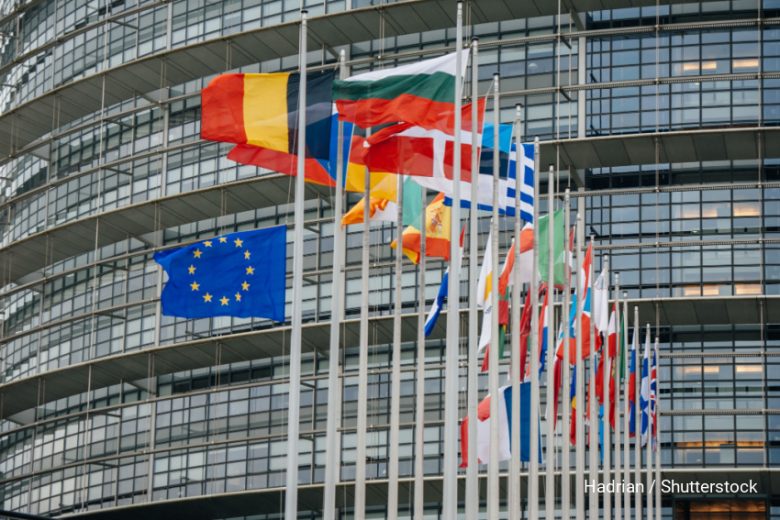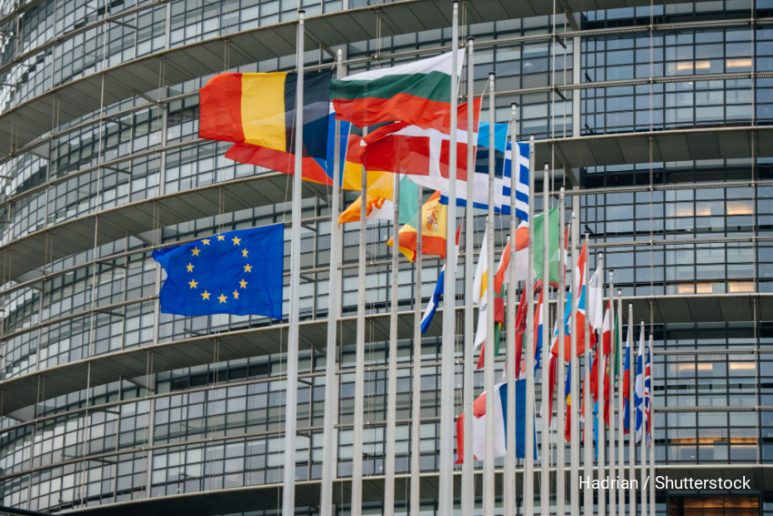By Hannah Ajala
The European Media Freedom Act is a proposed Regulation that includes, among other things, safeguards against political interference in editorial decisions and against surveillance. It puts a focus on the independence and stable funding of public service media, the transparency of media ownership, and the allocation of state advertising. It also sets out measures to protect the independence of editors and disclose conflicts of interest. Finally, the Act will address the issue of media concentration and create a new independent European Board for Media Services, comprised of national media authorities.
MDI spoke with experts in the field to shed light on what the European Media Freedom Act means for diversity and more generally.

This is the second interview of our series on the European Media Freedom Act. Click on the links below for our series of interviews:
The European Media Freedom Act: An Interview with Thomas Bergmann
Renate Schroeder, Director, European Federation of Journalists
MDI: What does the European Media Freedom Act mean?
RS: It is an important and overdue legislative tool to strengthen the free and pluralistic media system, to protect journalists and editorial independence, to protect public service media from undue interference and guarantee its funding, to shed more transparency on media ownership and state advertisement, and to create more trust in the fragile media sector across Europe. However, to reach its described objectives it must be strengthened.
MDI: What will happen if it is implemented?
RS: First, it must be strengthened, more precise and coherent. If it is implemented in its current text, it will be an important political signal, will have some positive impact on public service media, more transparency on state advertising, and some more editorial independence, but would not do much on any of the issues described above.
And IF the board is not made more independent, there is a risk of too much influence by the European Commission.
If improved, we hope it helps journalists, their representatives and media to have better tools against political and economic influence and foremost a better protection of sources and more transparency especially with regards to state advertising etc.
It will NOT change the situation in Hungary, as a condition is an independent judiciary and independent media authority.
MDI: How is it going to be implemented?
RS: There is still a long way to go and many hurdles. If adopted, it is a regulation with immediate effect at national level.
MDI: What does it mean for diversity?
RS: Not much, or rather nothing I am afraid, besides the recognition of the importance of a public service media standing for diversity if finances and independence is guaranteed (and that’s the idea of Article 5).
The EFJ calls on the co-legislators to pay due attention to the proposal and to work towards strengthening it in order to achieve a regulation that serves journalists, media freedom, media pluralism and democracy in the EU before the next elections in 2024. The European Media Freedom Act should not be seen as a single EU measure to protect media freedom and media pluralism, but as part of a larger package of initiatives included in the European Democracy Action Plan (EDAP), a strong directive on SLAPP, a good implementation of the Audiovisual Media Service Directive and the Digital Service Act (DSA) and financial support for journalism as a public good.
Photo Credits: Hadrian / Shutterstock

